NEWS
Hersi Ally Said: The engineer who orchestrated Yanga’s revival | African News

Engineer [Eng.] Hersi Ally Said fell in love with newly ordained Tanzania Premier League kings Young Africans SC [Yanga] before he even saw the team play.
Back when he was a youngster, still wet behind the ears, before the days of big high-definition television sets mounted on walls or, even better, all-access VIP sitting at Dar es Salaam’s Benjamin Mkapa Stadium and other venues, Eng. Hersi had his first Yanga SC experience through listening to live football match commentaries on the radio.
As his late father and a friend listened to a commentary of a Yanga match against a local rival on a stereo, Eng. Hersi fell in love with the boys from Jangwani.
Perhaps his father’s passion drove the then eight-year-old towards a romance that would rule his life for the next three decades. Still, in his mind’s eye, as he listened to the commentary, he could already picture scintillating players mesmerising the fans teeming on the stands, creating a sea of green and yellow on concrete.
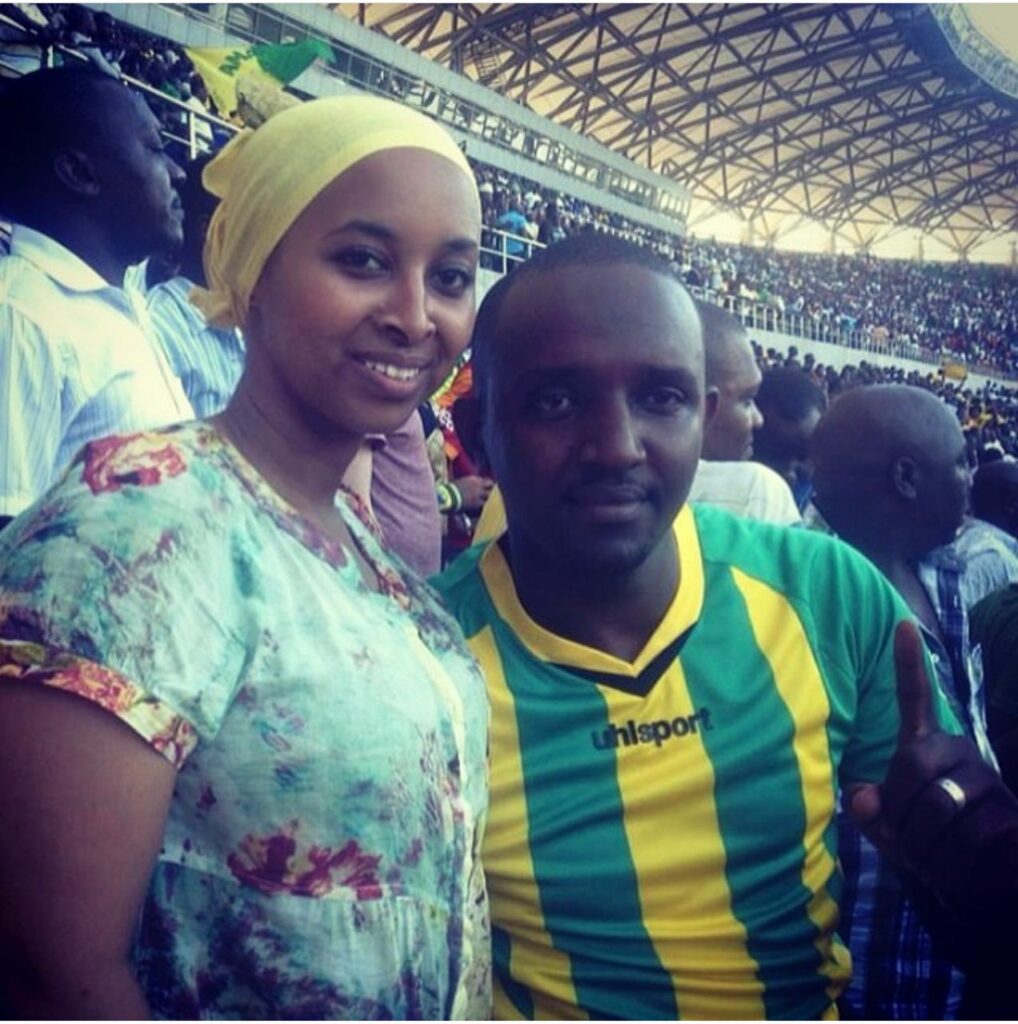
Watching his father’s overwhelming disappointment after a Yanga loss encouraged him to nail his colours to the mast even further. If his rock, his old man, could be brought to the point of sorrow by 11 men he could not even see, perhaps theirs was a cause worth following.
“I remember how I started supporting Yanga back in 1992. My late dad was a Yanga fan and was listening to a match via radio with a friend of his. I remember how sad I was that day after the team lost,” he tells FARPost.
From that moment, he would bleed green and yellow. “He is Yanga at heart,” attests Philemon Ntahilaja, former chairman of the Yanga Family. “His DNA is Yanga. From his childhood, he’s always been a big fan.”
Despite the disappointment he saw on his father’s face three decades ago after a loss that filtered through the airwaves, the early days of the now 38-year-old’s youth were filled with joy from the success enjoyed by Yanga, particularly at the turn of the century.
“1999 was the most memorable season for me, I remember the club lifting the CECAFA tournament in Uganda, we went to the penalty shootout, and I watched the game. I was watching with my father on TV,” Hersi says.
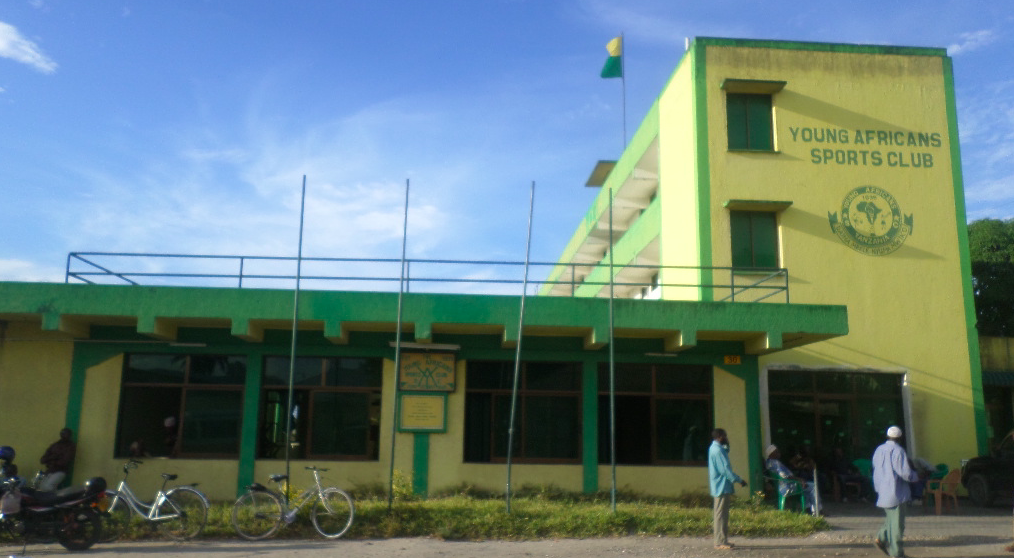
This might explain why as Yanga went through financial troubles and had to watch from the sidelines as its rivals eclipsed it in the topflight, Eng. Hersi felt a great deal of personal pain. Perhaps the sharpest dagger in his heart was watching Yanga’s Kariakoo rivals, Simba SC, win four league championships on the trot when they could barely keep the lights on at Benjamin Mkapa Stadium.
At the centre of Timu ya Wananchi’s [team of the citizens] crisis which began half a decade ago, was a financial storm precipitated by the exit of a businessman who used to bankroll the team.
Following his arrest in 2015, Indian business tycoon Yusuf Manji could no longer fund the team. When he was released in 2018, he left for the United States.
In a heartbeat, Yanga became a shining example of how a one-man-show is not healthy for a top side with ambitions of continuously challenging for top honours in modern football.
“The club couldn’t pay salaries, accommodation and transport. Players were terminating their contracts. They travelled by bus to games,” Eng. Hersi recalls.
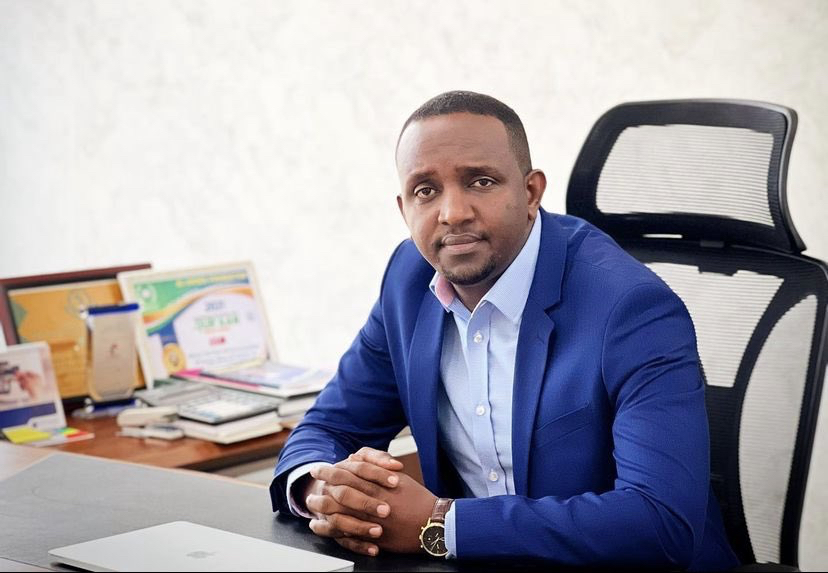
Ntahilaja, whose Yanga Family would solicit funds for the team, remembers how the club began living hand-to-mouth, barely scrapping enough Shillings for matchdays.
“It wasn’t sustainable at all, the club was living on donations, and we had to call fans to hire transport, air tickets and sign players. I happened to be the chairman of the Yanga Family whose responsibility was to solicit funds,” he tells FARPost.
On and off the field, Tanzania’s oldest club looked like a pale shadow of the side that had won 27 league titles and had even fashioned a fearsome reputation on the continent.
Deus Kaseke, who was with the team during the period, has not forgotten those long bus trips and how they weren’t sure if they would get their salaries at the end of each month.
At this moment, when beloved Timu ya Wananchi was seemingly down and out, a fiercely devoted Eng. Hersi decided to step in and captain what looked like a rudderless, sinking ship.
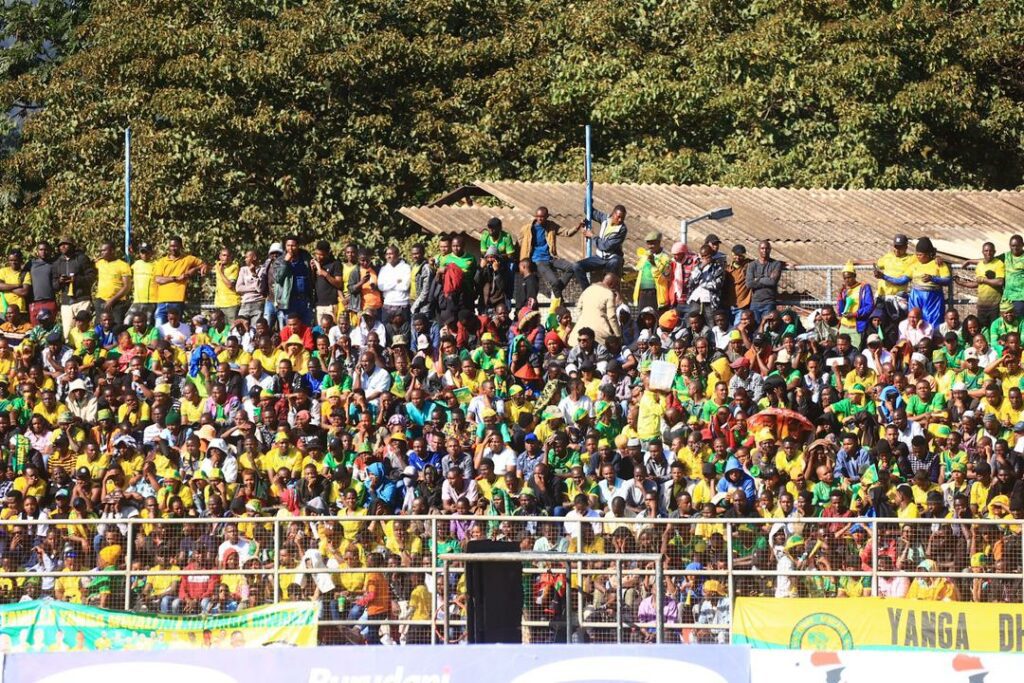
The man always had two lives. In one, he was Ally Said, a son continuing a proud family tradition by supporting a team that had always been dear to his father’s heart. On the other, he was Engineer Hersi, a civil engineer and the Director of Investment at GSM Group—a heavyweight with a sprawling portfolio under its care, including a leading transport company serving the port of Dar es Salaam.
GSM also stocks high-sounding sports apparel such as Adidas, Puma and Anta Sports while running a baby shop and manufacturing unit.
Eng. Hersi’s life as a top business executive and a fan had always existed parallel to each other. Now, it was time to bring them together.
Fan or not, overhauling Yanga’s fortunes would not be a walk in the park, considering that the team barely even afforded to keep its best players. Taking stock of the problems faced by the troubled club in 2020 was the first port of call. He did so with a civil engineer’s precision.
During those lean, dark days, GSM concentrated on the basics first. First things, the boys in yellow and green needed a kit.
“We signed an agreement to produce kits for the club; it solved two issues—they got money, and it resolved the kit issue. We did a good launch.
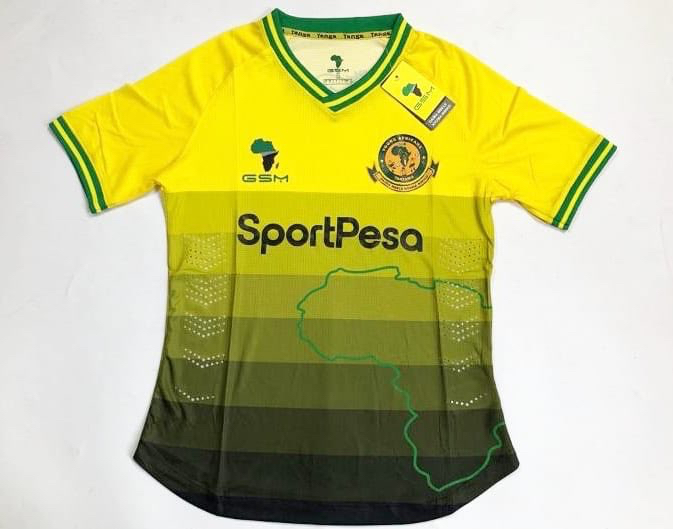
“We understood that it’s not business if your partner is not doing well, so we decided to do more for the club and signed players.
“The next thing we did was change the place they camped before games, and we gave them a good hotel. We secured a contract for a proper training ground,” explains the revered engineer-cum-administrator.
Notably, Ghanaian winger Bernard Morrison became the first of four signings for a then-new Yanga Belgian coach Luc Eymael in January 2020.
GSM’s strategy for the revival of Yanga had three phases. At each stage, the fans, the key and most loyal stakeholder, would have a crucial role.
“In phase one, we had to relook the Club Ownership; we chose a model where the club became 51% owned by the public and 49% private. In phase two, we set up a company – Young Africans Sports Company with a board of the club – 51 public and 49 private in terms of composition. Phase three was fan engagement. We devised a fan engagement model through which they could register and pay registration fees,” he said.
The days of the club’s financial fortunes resting on one person were now over. Instead, now fans would have a say in the economic well-being of the team they love.
“Fans pay an annual subscription of US$5 and members US$10,” reveals Hassan Bumbuli, Yanga’s head of media.

With Hersi and co handling business in the boardroom, it was not long before the tide started turning for Yanga even on the field. At the end of the 2020/21 season, they finished second in the league, lost in a cup final, and won the Mapinduzi Cup.
Ahead of the 2021/22 season, the club signed 16 players, including Mali national team goalkeeper Djigui Diarra and Congolese goal poacher Fiston Mayele.
With the right decisions being taken by the club hierarchy, stakeholders, including the players, started feeling the positive effects of the changes brought by Eng Hersi.
“Things have since changed since GSM and Eng. Hersi came on board,” says a hotel waiter at the Tiffany Diamond Hotel. “The team is in camp four days a week; there’s financial stability. We are a well-organised team. That’s why we have done so well this season. They brought in top international players like Mayele, the Mali national team goalkeeper and [Khalid] Aucho [Uganda national team player].”
The 2021/22 season has seen Eng Hersi’s vision spring into full life. It is the season that Yanga joined the likes of Arsenal, AC Milan, Juventus, Celtics and Rangers as part of a select cast of elite sides around the globe that have managed to go through a season unbeaten. In addition, Yanga clinched a historic treble, crowning a year in which they brought Simba’s dominance to a screeching halt.
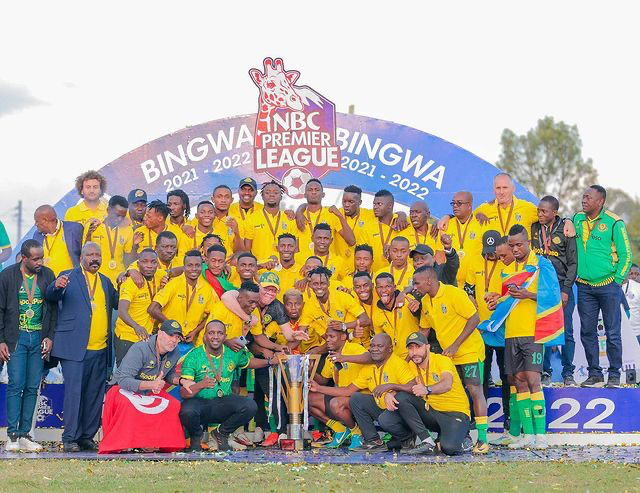
Despite all that success, Eng. Hersi believes that the transformation of Yanga is still a work in progress.
“There’s a big project we’re doing now called the transformation project. Our model as a club depended on one person. In six months, we’ve collected US$500 000 from fans’ membership subscriptions. It’s a record. Last season, we collected US$10 000,” the well-spoken Eng. Hersi adds.
From financial problems and poor showings on the field of play, Yanga has come full circle. Eng. Hersi has managed to build Tanzania’s own Invincibles, a side that has conquered all before it, yet it is still hungry for more success. It is perhaps no wonder that Eng. Hersi was voted the club’s first president unopposed on 10th July 2022 at Julius Nyerere International Convention Centre.
“This is a big thing for me—yes, I’m young – but I’ve done my part in the past two-and-a-half years bringing this club to where it is.
“It’s more responsibility for me, with a lot of expectations, but I promise that I can handle this; I’m capable of running a football club.
“I want to bring the first African trophy to Tanzania,” a bullish Eng. Hersi says.
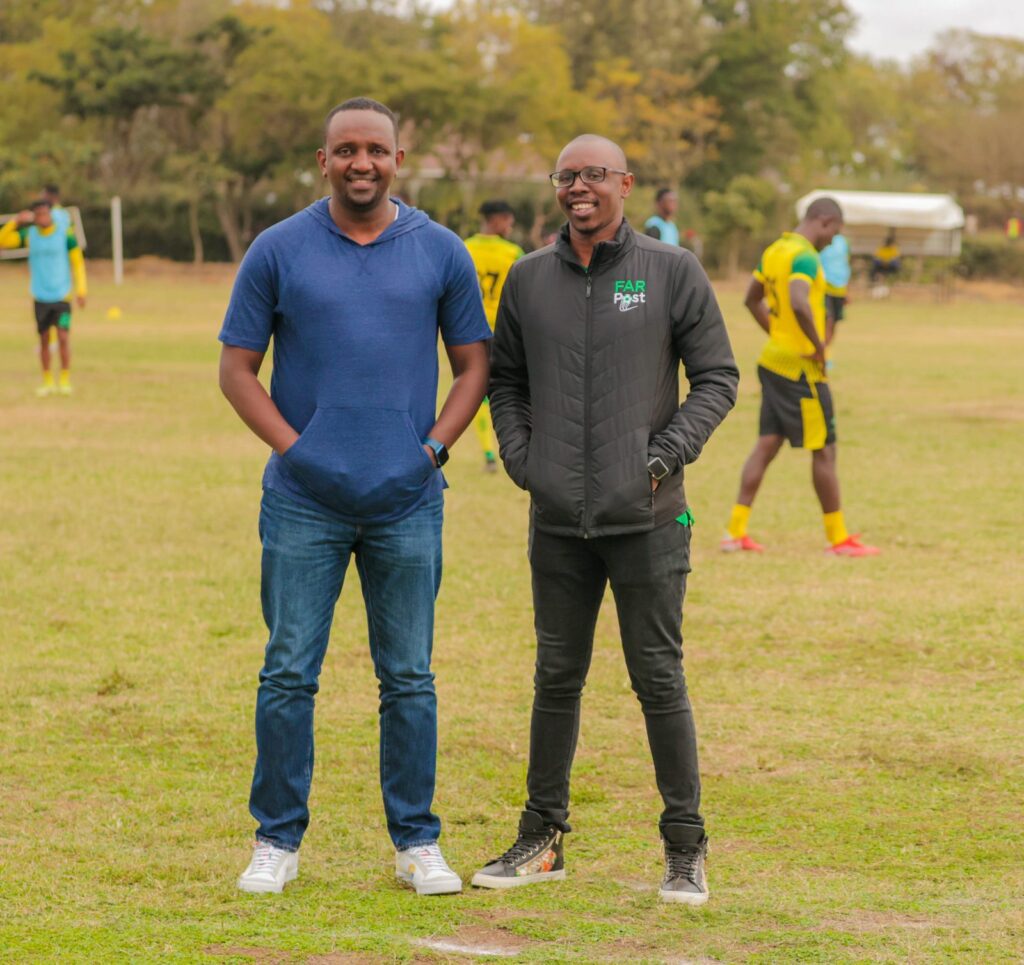
For Ntahilaja, Eng. Hersi’s ascent is the fulfilment of a football fairytale of sorts. He is the son of a diehard Yanga fan who returned from the world of high-level corporate wheeling and dealing to help revive the fortunes of his boyhood club. He is the saviour that sits in level meetings yet also bleeds yellow and green, just like any ordinary Yanga follower. And he did it all before he even took hold of the reins.
Source Link Hersi Ally Said: The engineer who orchestrated Yanga’s revival | African News
